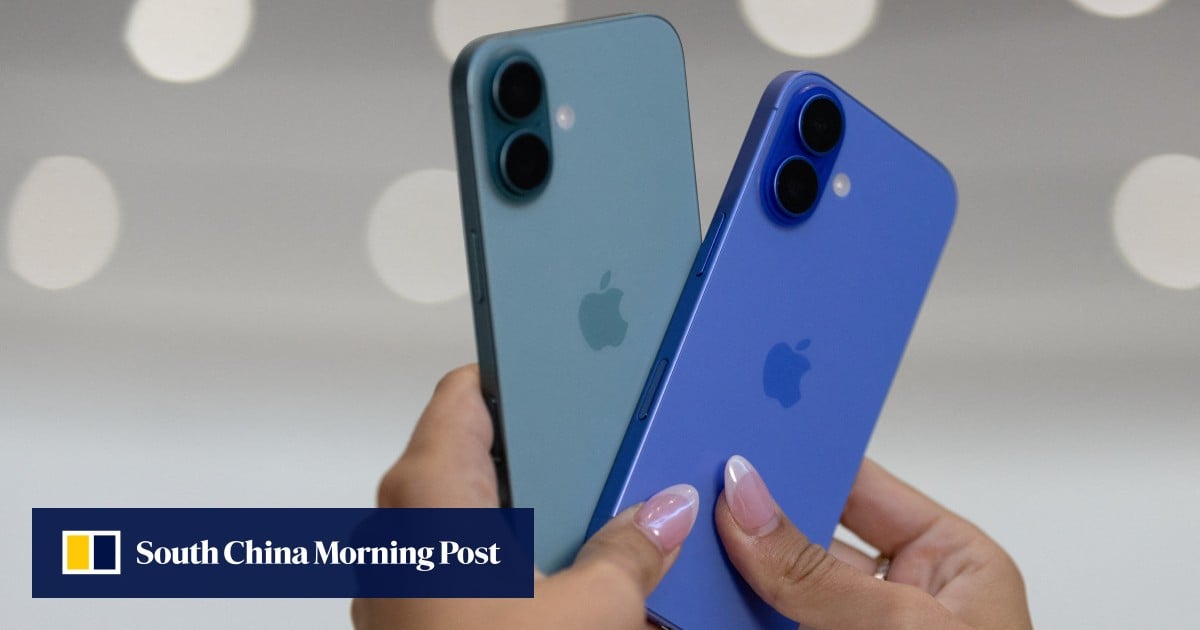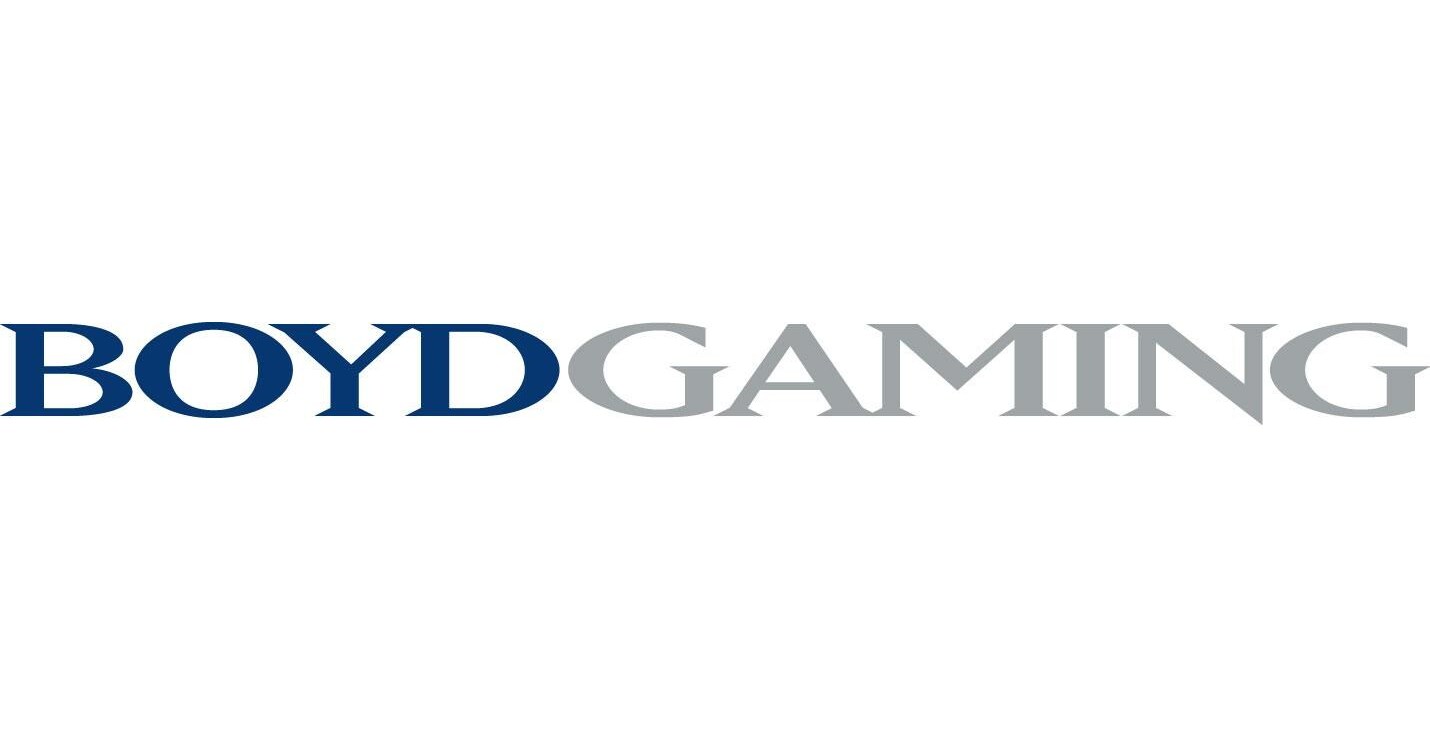Opinions expressed by Entrepreneur contributors are their own.
We’ve been visiting the headquarters of some of the most innovative and imaginative leaders in business for The CEO Series, learning what it takes to launch and grow a thriving brand. For this episode, our crew went to the office of M1, a fintech platform that bills itself as “the finance super app.” The powerful online investing and banking platform has raised $315 million at a valuation of about $1.5 billion and manages about $8 billion for half a million customers. I sat down with founder and CEO Brian Barnes to learn all about the platform, how it was created, and his advice to founders on running a company built to last.
Below are some highlights of our conversation, which have been edited for length and clarity. You can watch the full video above.
The thrill of investing
“M1 is a personal finance platform. We started the company about eight and a half years ago. We now manage about $8 billion on the platform for half a million customers. And we are really just trying to create the best possible way for someone to manage their finances. And we do that with a lot of personalization, customization, and automation. I was fortunate to be introduced to finance at a pretty young age and I was immediately hooked. I love the idea of investing, of trying to find out what a company’s worth and how it’s operating in a complex world. As an investor, you’re making a high-conviction bet. If you’re right, you make money. If you’re wrong, you lose money. And so, you know, some people like sports gambling. For me, it is what is a company going to be worth in the next five or ten years.”
Related: The CEO of Catholic Prayer and Meditation App Hallow Says Founders Need to Be Part of Something Bigger Than Themselves
Doing business in good times and bad
“We want to create a financial institution that lasts for decades. There are companies out there that have lasted for centuries. If you are around for that period of time, it’s unquestionable that you’re going to have these massive disruptions in the overall market. And so we have been trying to build the organization so that we can survive in any macro environment and not just be tailor-made for one.”
Calm in the storm
“I try to stay calm — on the outside. [Laughs] The entrepreneurship quote I love is that the highs are high, the lows are low and they’re ten minutes apart. There are times when you think you’re taking over the world. And then there are times where you’re like, What the hell am I doing? I took all this money, I convinced people to quit their jobs and join me, I’m competing against the Schwabs of the world. But stewing in all of that stress accomplishes nothing. I think maintaining my emotions and figuring out how I can allocate my time productively has been a good attribute that I’ve had as I’ve built the organization.”
Related: How Personal Passions Fuel Business Success for the CEO of Vivid Seats
The life of a founder
“Being a founder of a tech company is more than just being a CEO. You’re both the most senior and most junior person at the company. You get to set direction and strategy and things like that, but in any area where there is not someone dedicated to that role? It’s on you to fill the gap. I would say I played CEO from 8 a.m. to 11 a.m. And then I played junior analyst from 11 a.m. to midnight every night. You’re just running around and trying to add value where you can. As you grow, you’d love to put things on pause while you figure out how to scale your team. But that’s not how it works — you’ve got to scale your team and build a product and acquire customers at the same time. There’s a little bit of chaos, but you have to sort of thrive in the chaos.”
Related: Inside Potbelly’s Recipe for Fast Casual Success
Legacy of leadership
“My mom Brenda Barnes was CEO of PepsiCo and Sarah Lee. I mean, that’s a great person to learn from. She was one of seven sisters. They all shared a bedroom. They were a Polish immigrant family in Chicago. Her father was a factory worker. And so, I think she always had an insanely healthy respect for people who did the actual work at her companies. The people who bottled the cola, who loaded the delivery trucks. As a CEO, you need to respect that they know their job better than you. And the leader’s job is to set an example for what you want the values across the company to be. If you could write down all the positive attributes and values that you would want instilled throughout the company, then you better exhibit those things.”
Check out more profiles of innovative and impactful leaders by visiting The CEO Series archives.







